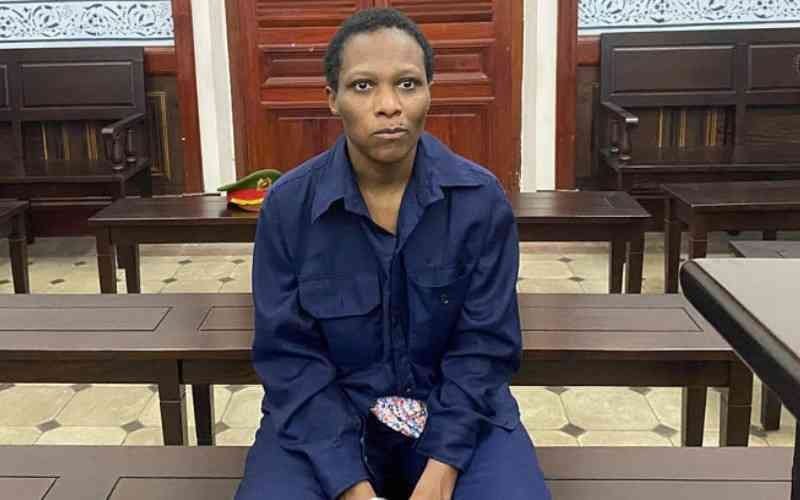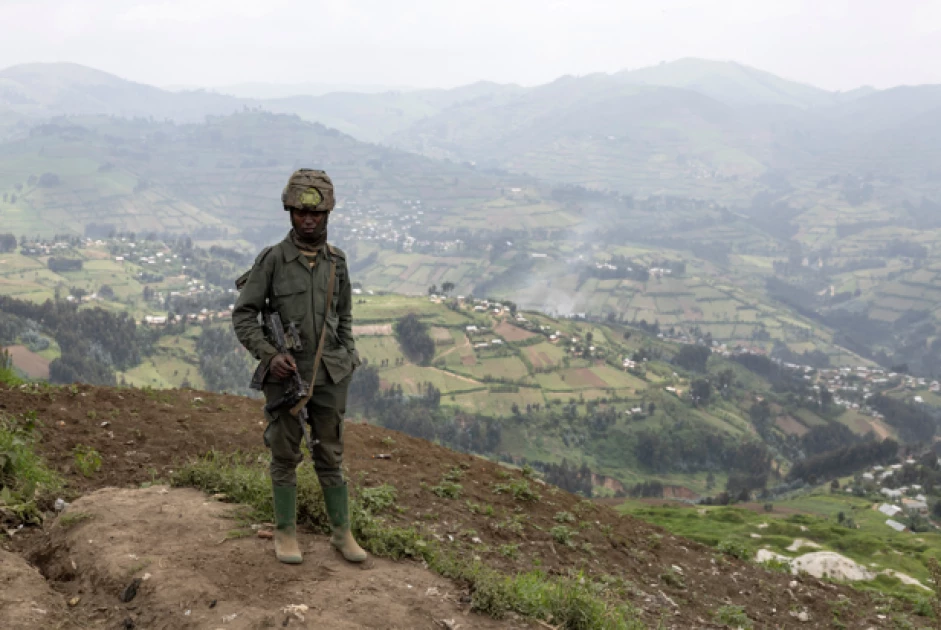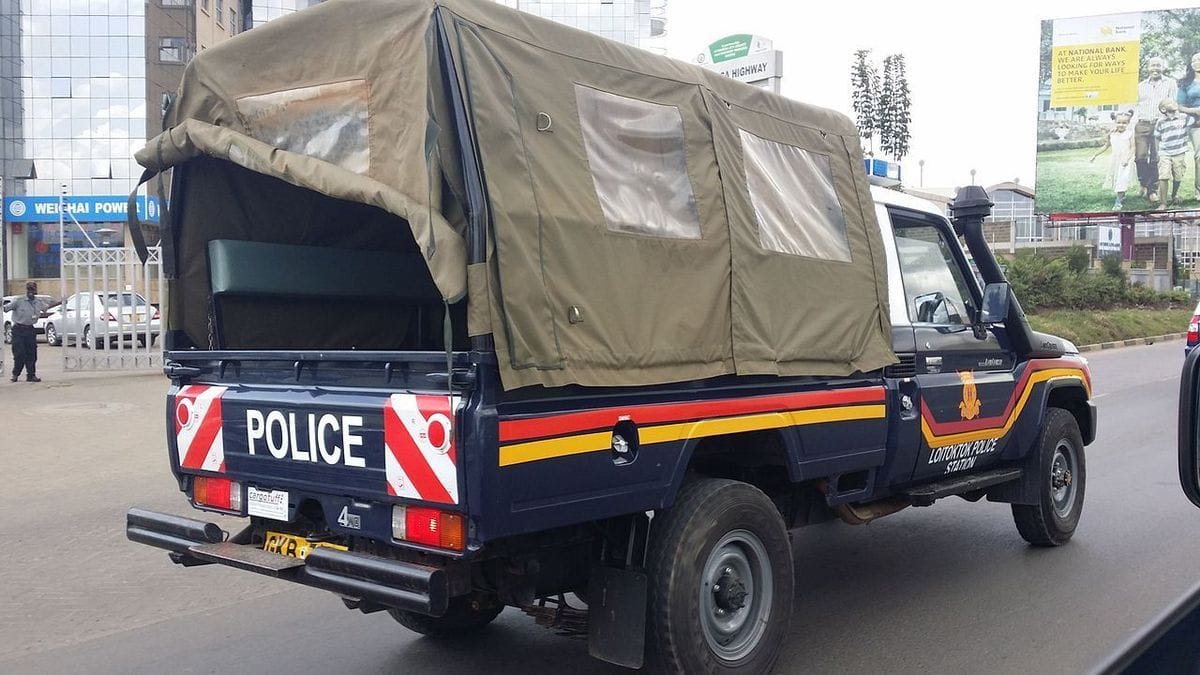
For the residents of Kitengela, the simple act of turning on a tap is a gamble. What flows out is often a brackish, undrinkable liquid, a daily reminder of a water crisis that has choked this populous town for years, transforming a basic human right into a costly and unregulated commodity.
The crisis has its roots in February 2019, when the national government abruptly halted the supply of fresh water from the Export Processing Zone Authority (EPZA), declaring the arrangement illegal. Overnight, the pipelines ran dry, leaving a growing urban population desperately searching for alternatives.
In a bid to provide a solution, the government directed the Nairobi Water and Sewerage Company to take over the supply. However, the Kajiado County government, under Governor Joseph Ole Lenku, failed to secure a deal with EPZA to use its existing infrastructure. Months of negotiations throughout 2019 ended without a single drop of water flowing through the pipes.
Faced with mounting pressure, the county government pivoted to a new strategy: water kiosks. At a cost of Ksh 20 million, eight kiosks were erected, promising residents fresh water at an affordable Ksh 3 for a 20-litre jerrican.
The promise was short-lived.
The kiosks, overwhelmed by the town’s large population, became scenes of long, desperate queues. This desperation bred corruption. Rogue cartels, allegedly colluding with county officials, began hijacking the supply. Hundreds of jerricans were sold to specific individuals who then resold the water at a steep markup to residents who had missed their chance at the tap.
Within months, the project collapsed. The water supply became erratic, with kiosks opening only two or three times a week. When water did flow, residents reported a foul smell, raising serious health concerns. Today, the multi-million-shilling kiosks stand as abandoned monuments to a failed solution.
With official channels dry, a lucrative and unregulated water vending business has exploded onto the streets of Kitengela. Residents now depend entirely on a network of private vendors.
Large-scale operators with fleets of water bowsers make the long journey to fetch water from Nairobi. Smaller-scale vendors, using hand-pulled carts and donkeys, source their supply from the neighbouring Athi River in Machakos County. The quality and price vary wildly: salty, often questionable water sells for Ksh 20 per jerrican, while fresh water commands prices between Ksh 30 and Ksh 50.
This unregulated market has sparked alarm among residents, who fear for the hygiene and safety of the water they are forced to buy for their families. The situation is even more dire for those connected to the town’s taps, where salty water from private boreholes dominates the supply, costing up to Ksh 250 for 1,000 cubic meters.
Frustrated and left with no safe or affordable options, locals are now calling on the Kajiado county government to finally offer a lasting solution to the perennial problem.
When contacted for comment on the acute water shortage and the allegations of corruption, Water, Environment, Climate Change and Natural Resources County Executive Committee Member Michael Semera declined to speak.
As the county remains silent, the people of Kitengela continue to pay the price, their thirst unquenched and their trust broken.




